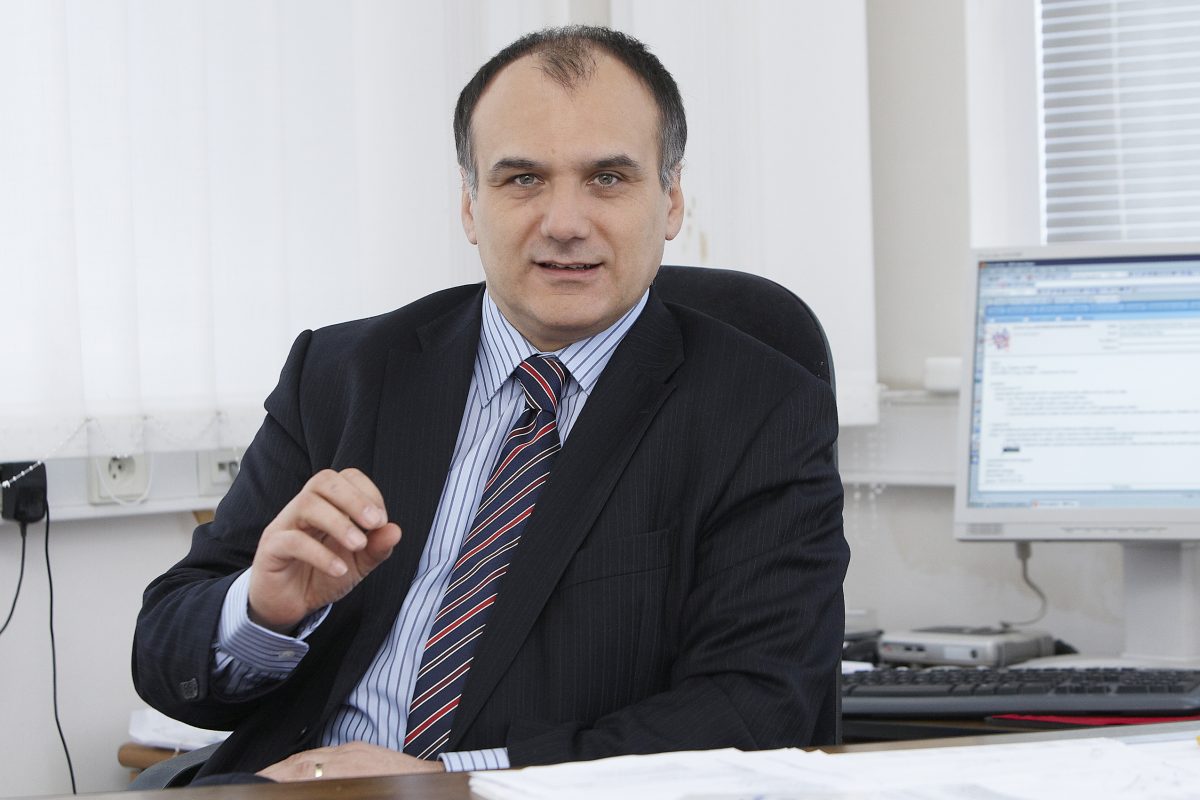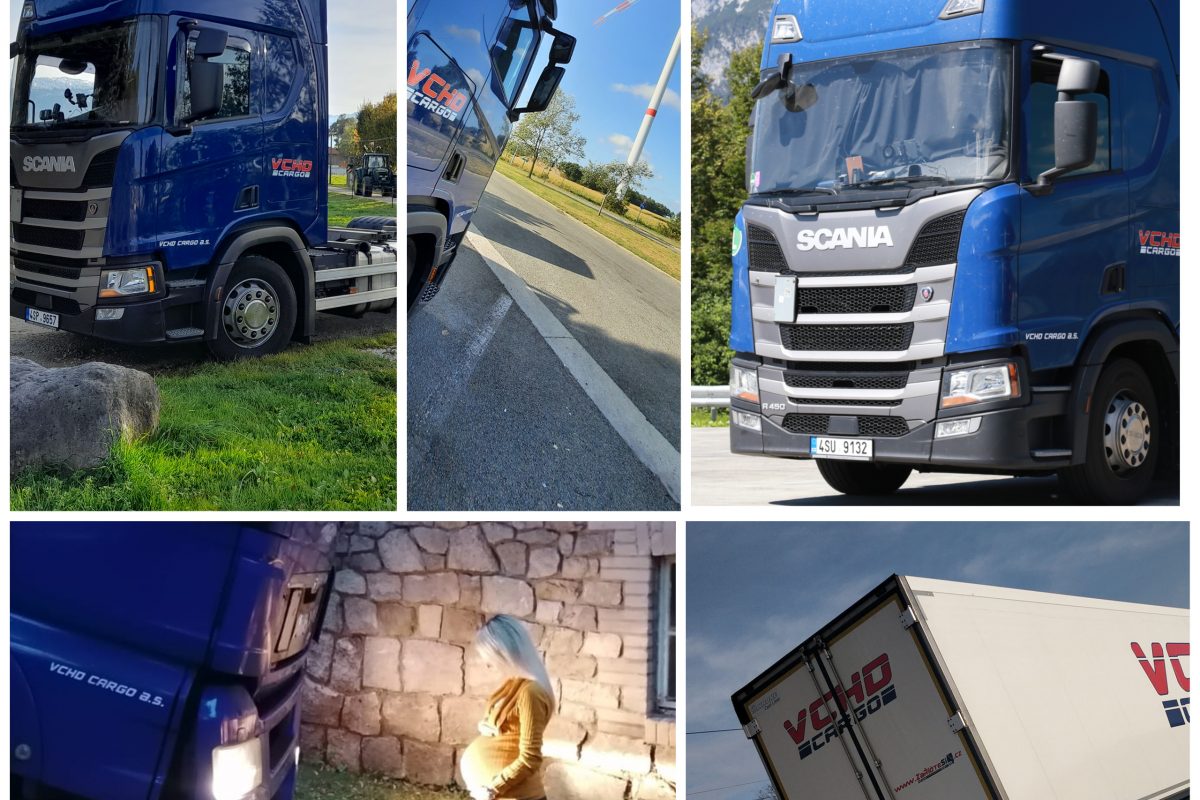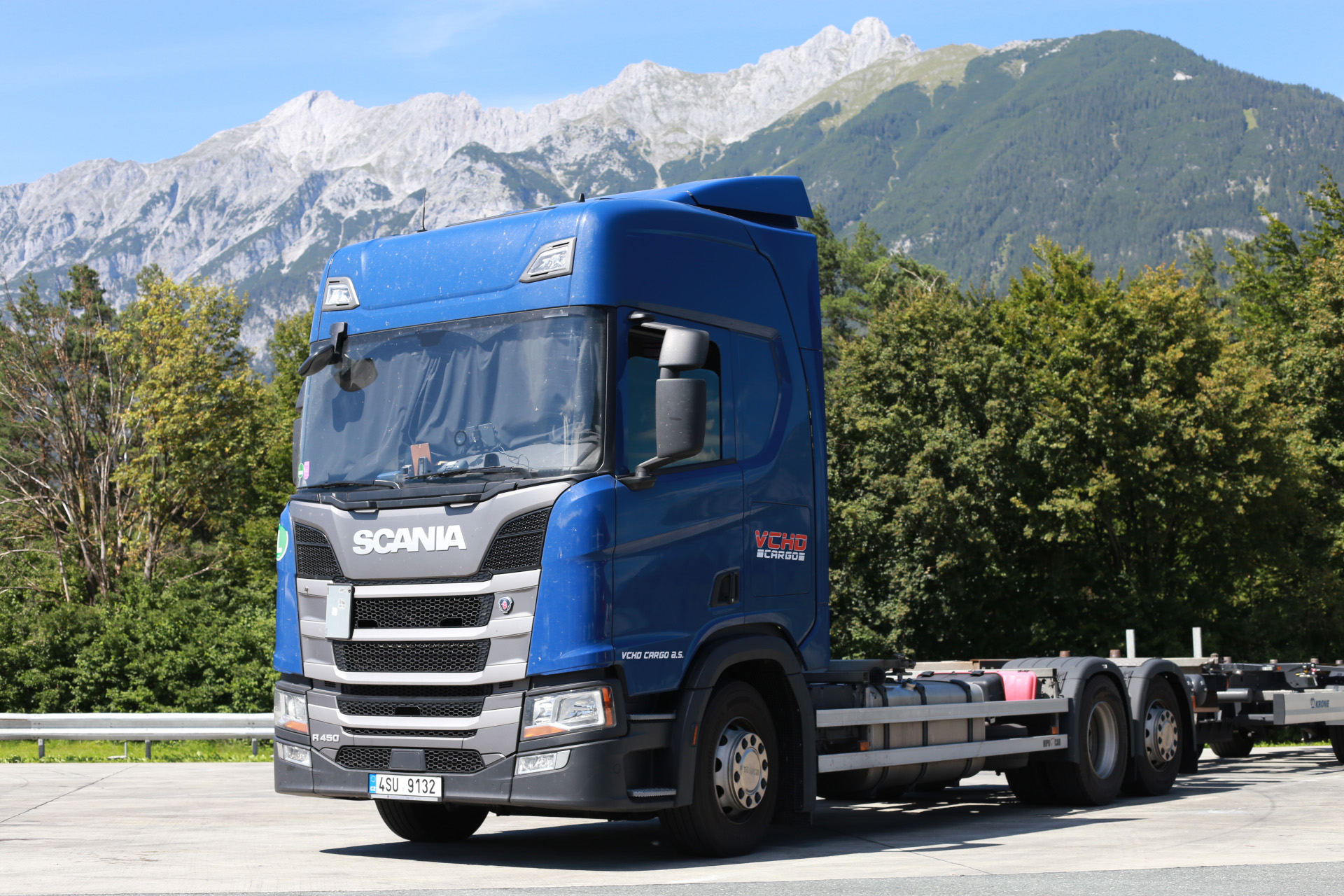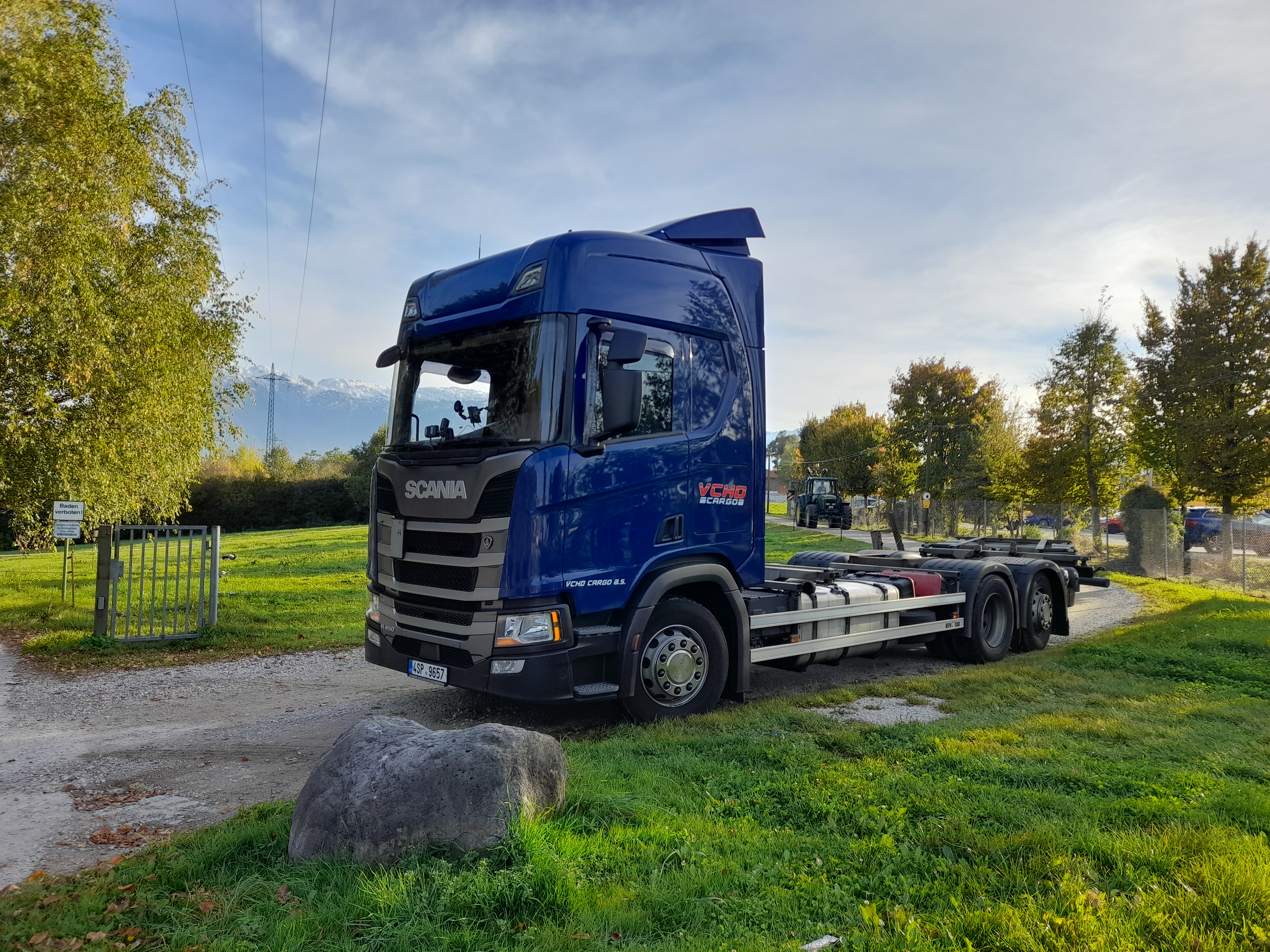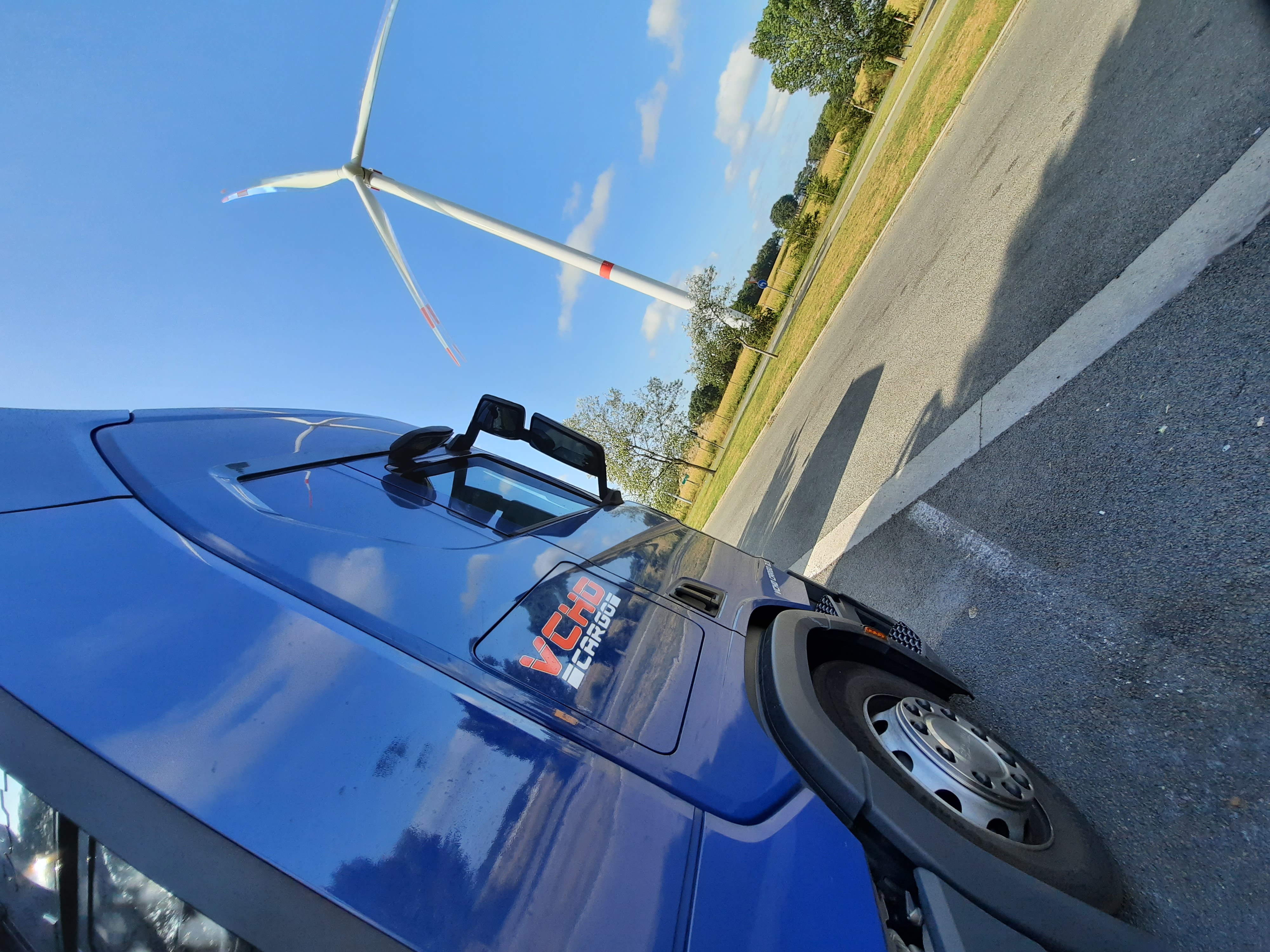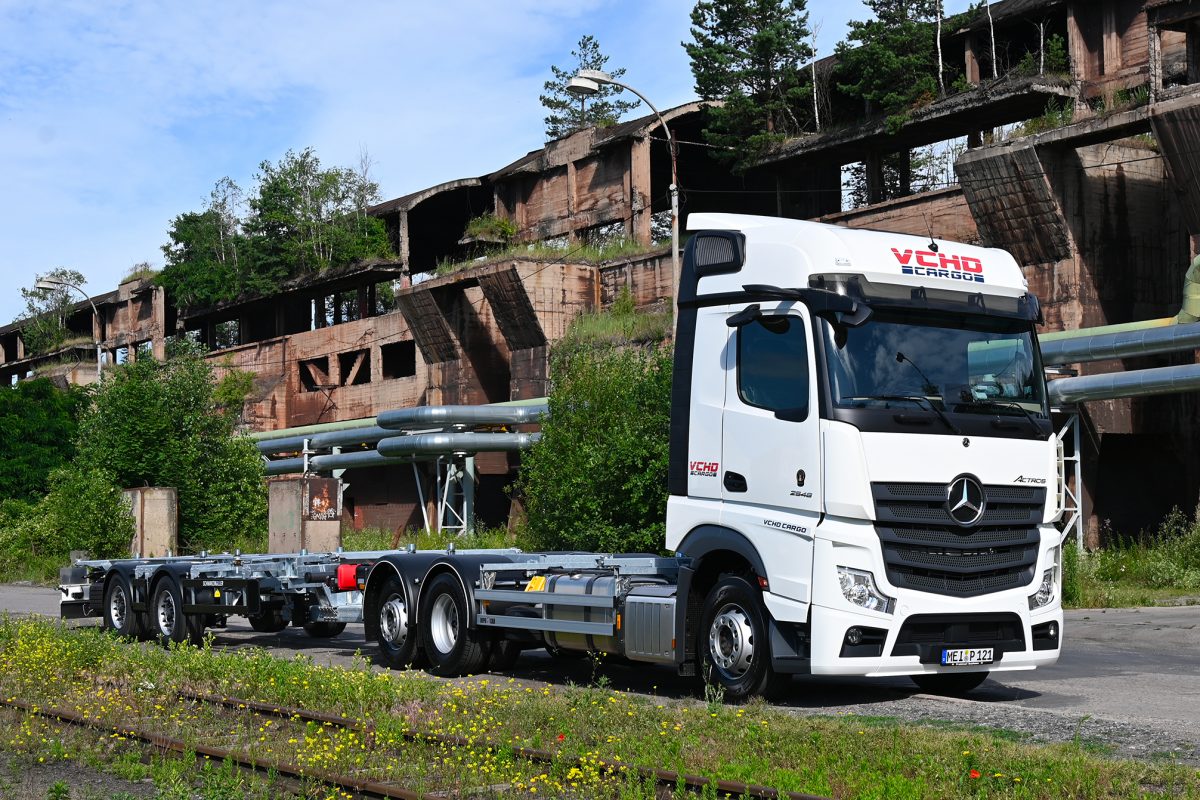“I am not an expert on infrastructure projects or the environment so I am not qualified to judge the impact of the proposed Danube-Oder-Elbe Canal on the environment,” says Petr Kozel, Chairman of the VCHD Cargo Board of Directors, adding: “However, my life-long experience with business and transport has taught me to ask direct questions and look for the best possible answers. When it comes to mega construction projects like this, I think it is useful to approach it based on the key factors that underpin the success of any project:”
- Ask the market whether there is any use for the project. Water carriage is not suitable for individual shipments so the question should be directed to, let’s say, the 100 biggest exporters and importers. They should be presented with a lead-time model and an approximate price and asked: “Would you consider this option? Do you currently have sufficient volumes shipped to endpoints along the rivers Danube, Oder or Elbe? Are you comfortable with form of transport?” I am well aware that today’s calculations may not necessarily correlate with future needs but the present situation could influence our decisions.
- I work in the truck carriage business and I feel an increasing pressure to cut delivery times. I find it hard to believe that 15-20 years from now customers will be willing to wait several days for their shipment. Other competing, environment-friendly forms of transport such as trains or trucks fuelled by electricity or hydrogen are likely to become the standard with much faster timeframes. Another time-related source of risk is the construction itself. Experience shows that the state takes its time to build infrastructure projects and almost as a rule fails to meet promised deadlines. Unfortunately in this case, no revenues can be expected before full completion of the project and the financial burden on the national budget will be high and long.
- A project like this does not depend only on our decision but, much more importantly, on the infrastructure built in the end-points. With the exception of Elbe and Hamburg, the end ports lack sufficient capacity.
- Projects of this sort will always raise certain suspicions of corruption. They must always be weighed against other needs of the transport business and the state. And the best rule to follow has always been a slim state and minimal expenditures.
- Effect on tourism. On my travels abroad I have often noticed that canals tend to attracts all sorts and types of tourism. But we must keep in mind a very simple question: “Who is the project primarily built for and who will ultimately pay for its development?”
It is my belief that any decision must be based on a clear strategy and economic reasoning, not forgetting about the impact on the environment and surrounding infrastructure. For now, this particular project seems little more than a dream of certain public figures and that is far from enough.
Ing. Petr Kozel, Chairman of the VCHD Cargo a.s. Board of Directors

